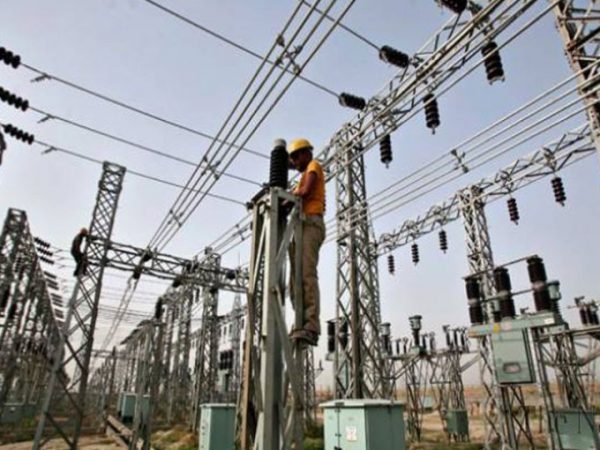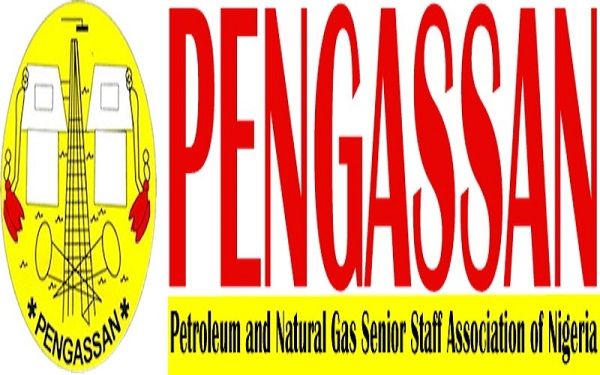Fresh worry over electricity tariff increase, sector flaws
 The move by the Nigerian Electricity Regulatory Commission (NERC) to fully implement the Multi-Year Tariff Order (MYTO) designed in 2015 and the Minimum Remittance Order for the Year 2019 has raised new arguments on the structure of the Nigerian Electricity Supply Industry (NESI).
The move by the Nigerian Electricity Regulatory Commission (NERC) to fully implement the Multi-Year Tariff Order (MYTO) designed in 2015 and the Minimum Remittance Order for the Year 2019 has raised new arguments on the structure of the Nigerian Electricity Supply Industry (NESI).
NERC has the mandate to implement the Electric Power Sector Reform (EPSR) Act 2005, especially Section 32, which allows it to ensure prices charged by licensees (distribution companies) are fair to customers and sufficient to allow the licensees finance their activities and make reasonable profit for efficient operations.
Some stakeholders, however, insisted that the recent review of electricity tariffs by the commission amounts to exploitation of consumers, given the shoddy performance of the power sector. Besides, lapses in the operations of Meter Asset Providers (MAPs) are still generating criticism.
Other stakeholders also expressed worry over the effect on national development, warning that unless cost-reflective tariff is permitted in the sector, projected economic growth might remain a mirage.
The sector was designed to be self-sufficient. Now near bankruptcy, the Federal Government is sustaining it with taxpayers’ resources. But there are indications that lack of proper structure and implementation by the commission could deny the sector about $900 billion needed to address energy infrastructure in the next 30 years.
Pursuant to the authority given to NERC under Section 76 of the EPSR Act 2005, the commission had established a methodology for determining electricity tariff in NESI and subsequently issued the MYTO, which sets out tariffs for generation, transmission, and distribution in Nigeria.
It also published a minor review of the tariff order indicating that from 2020 consumers would pay a maximum N14 addition for every kilowatt-hour of energy, depending on their status and their distribution companies.
NERC’s General Manager (Public Affairs Department) Dr. Usman Abba Arabi had issued a statement saying there was no tariff increase approved by the commission. But Sharfuddeen Mahmoud, NERC’s General Manager and Head (Market, Competition, and Rates) said there was indeed a review, which factored the current economic indices, particularly inflation, exchange rate and others. A court in 2016 halted the increase in tariff.
Some of the stakeholders said the current development smacks of fraud and duplicity, suggesting that the NERC leadership cannot be trusted. They further noted that the move was too hasty, as the new helmsman in the ministry of power should have been allowed to assess the situation prior to implementation.
Reacting, Prof. Segun Ajibola, former president of the Chartered Institute of Bankers of Nigeria, said: “These are charges not expected to be borne by electricity consumers under a deregulated regime. Yet consumers have no choice. NERC and its allies often cite high operating cost as reason for rise in tariff, forgetting that the high cost is itself a reflection of inefficiencies and, at times, corruption and mismanagement. Nobody would bother much to pay higher tariffs as proposed by NERC if the quality of service is commensurate because alternatives to power supply in this country are unbearable to households and businesses.”
The immediate past president of the Nigerian Association for Energy Economics, Wumi Iledare, faulted the way NERC currently operates. “Commissioners, in my opinion, cannot be involved in the day to day operations. They are political appointees and quite often, this constitutes a big problem, in my opinion. They need to let the skilled professionals supervise operations while they pay attention to the big picture of the commission and making final decisions,” he said.
He said the power sector laws were drafted in a hurry to justify the privatisation objective and called for a review. According to him, “Not much attention was paid to the cultural context of the country and the level of development at that time. Secondly, we tend to have too many experts with limited understanding of the principle of energy economics.”
Regarding tariff, he noted that the global best practice is to have an autonomous, independent and apolitical power commission with skilled professional workforce for rate determination, particularly with terms that are based on investment to deliver services.
“There should be nothing like DisCos clamouring for new tariff increase without verifiable investment to build new capacity. Investments in MAP are not a justification for the new tariff. However, the current tariff rate is too low to guarantee power delivery. So, something has to be done and quickly too.”
The president, Nigerian Consumer Protection Network, Kunle Olubiyo, also condemned the development, saying the decision was unilateral.
“Tariff is not the final solution. There are other areas of a regulatory regime that are not properly enforced. There are issues of collection and remittance inefficiencies and other issues. Electricity consumers are being made to bear the burden of the market. NERC needs to change its approach.
“Doing a review retrospectively is not good for the consumer. There is not supposed to be a review that will cost so much impact. If the review is around five per cent, consumers will not feel it. This is out of negligence. It will affect the disposable income of consumers. Consumers need to be consulted,” he said.
Also, the executive secretary, Association of Power Generation Companies, Dr Joy Ogaji, said the technical and operational inefficiencies of the Transmission Company of Nigeria (TCN) and DisCos remain a critical barrier.
“This practice of variabilising generation capacity is punitive on GenCos as it discountenances idle capacity and serves as an incentive on non-performance for other sector players such as the TCN and the various distribution companies, who represent the associated value chain operator in the delivery of power to the end-user in the country.
“The technical and operational inefficiencies by these operators negatively impact the GenCos in different ways. With a total available generation capacity of more than 7,500MW and maximum wheeling capacity of not more than 5,500MW, there will always be a recurring instance of about 2,000MW idle generation,” she said.
She noted further that idle generation represents capital investment not able to yield revenue that will hence impact the ability of the GenCos to support efficient operations and service loans used in developing the power plants.
She said that out of the 5,500MW of transmission wheeling capacity, the DisCos have not proven to be able to distribute more than 4,500MW continuously, leaving yet another 1,000MW of generation capacity unutilised.
“In addition to the issues of incapacity, DisCos are also unable to account for up to 75 percent of the power they have distributed to end-users in terms of revenue remitted to the Bulk Electricity Trading Company (NBET).”







